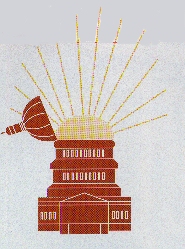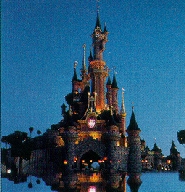
Indeed, a tidal wave of positive developments emerged from statehouses this year. From Alaska to Alabama and New Hampshire to New Mexico, states are cutting taxes, creating new financial incentive programs, hiking education funding and infusing environmental programs with a new attitude of cooperation. Significantly, California lawmakers made several major business climate-boosting moves in their 1996 session, among them slashing business taxes by some US$279 million over three years. In a finding that bodes well for their ability to provide education, infrastructure and other critical services, states were in better financial shape at the end of fiscal year 1996 than any time since 1980. In fact, no state ended the year with a budget deficit. For the first time since 1978-79, states enacted back-to-back net tax reductions. Lawmakers hacked about $3.5 billion from state levies this year, exceeding even 1995?s $3.3 billion cut. And no state passed a major tax increase in 1996. Some 76 percent of states responding to the survey approved ?new incentive programs (e.g., tax abatements, financial grants, loans, etc.) to attract or retain corporate facilities.? Less than one state in five eliminated or cut back any existing incentive programs. Meanwhile, financial incentives accountability is on the rise: About 10 percent of the survey respondents made legislative or regulatory changes attaching ?clawback? and quid pro quo provisions (e.g., recouping incentives if agreed-upon capital investment and job projections aren?t met) to their corporate location incentive packages. Almost half of survey respondents (48 percent) report that their state has ?passed legislation or developed policies to reduce the liability threat inherent in buying or selling environmentally contaminated former industrial sites? during the past three years. States are increasingly adopting a cooperative attitude regarding environmental-related liability for businesses, and no state approved stringent environmental legislation this year.
|
 Subscribe to Site Selection Magazine
Subscribe to Site Selection Magazine
Feedback]|[
Search for
any topic]
Copyright 1996 Conway Data, Inc. All rights reserved
Legal Notice: Because data comes from many sources, Conway Data
can assume no responsibility for accuracy or currency.





 Subscribe to Site Selection Magazine
Subscribe to Site Selection Magazine